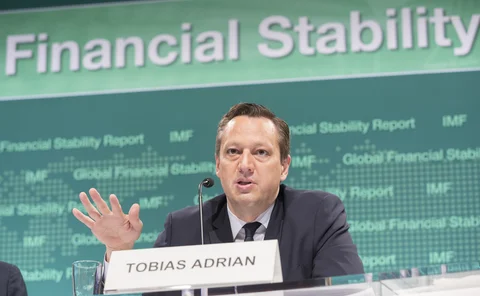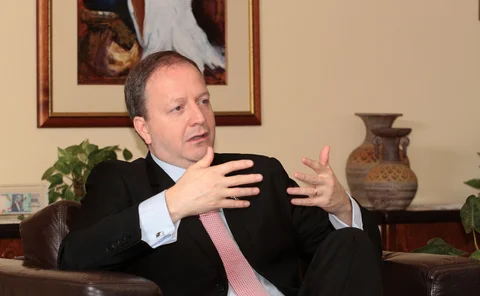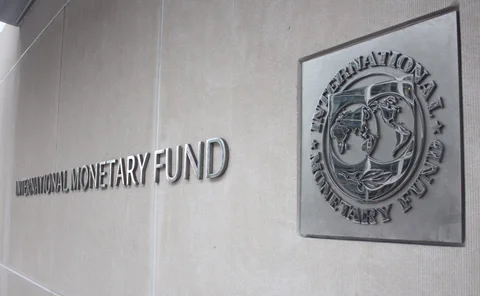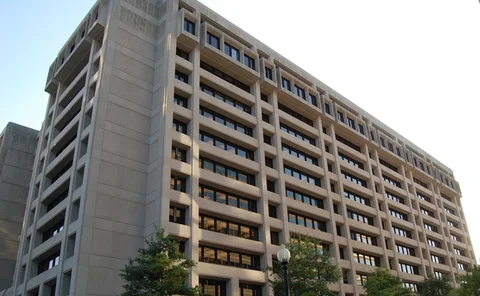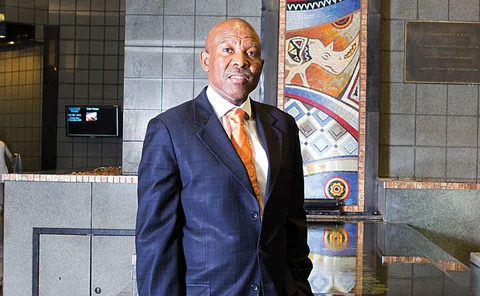Emerging markets
Poorly designed macro-pru leads to ‘leakages’, says Turkish working paper
Macro-pru should be designed so firms cannot “bypass” regulations implemented during positive global liquidity shocks; generally policies are effective in controlling credit
IMF expands access to disaster funds
Economies are offered more generous thresholds for funding in the face of severe natural disasters
IMF warns bad political choices could trigger instability
Fund says financial stability has improved, but high risks remain in China, Europe and the US
Thinking on global capital flows is muddled – BIS’s Shin
BIS head of research says policies to guard against excess global liquidity should look at underlying causes, not symptoms such as capital flows; Fed’s Fischer acknowledges policy spillovers
IMF remains gloomy on Brexit as UK heads for snap election
Maurice Obstfeld admits IMF was overly pessimistic on consumer response to Brexit, but says supply shock could still bite; global outlook more positive
Financial integration enables EMs to improve trade integration – paper
BoE paper sheds light on relationship between foreign direct investment and international trade, highlighting the “substantial” economic effects for emerging markets
Central banks eye gold amid global uncertainty
Rising inflation and the unclear impact of Trump administration policies may lead reserve managers to view gold – and inflation-linked bonds – more favourably
Eurozone instability tops reserve manager fears – survey
Threat of instability or weakness in the eurozone and fear of major asset price correction are greatest concerns for reserve managers in 2017, Central Banking survey shows
Paraguay’s Valdovinos: bond issuance ‘not all about the money’
$500 million issuance was six-times oversubscribed, but the Paraguayan governor says its success lies in the message it sends to investors overseas
Brazil can no longer rely on consumption for growth – paper
IMF paper highlights need for Brazil to switch to investment-led growth model as infrastructure caps threaten productivity and competitiveness
Build-up of public debt causes longer recessions for EMs – paper
“Less supportive” fiscal policy makes emerging markets more prone to problems associated with accumulation of public debt; authors highlight the importance of fiscal buffers
New factors driving EM corporate leverage – RBI paper
Changed macroeconomic backdrop has taken over from firm-specific factors in driving the build-up of corporate leverage in emerging markets, RBI economist finds
IMF paper offers new ways of measuring capital flow volatility
Authors say more granular dataset and three different methods of calculating capital flow volatility allow them to gain new insights
US policy is “ultimate risk” for emerging markets – panellists
Expert panel says US fiscal, trade and monetary policy all have the potential to cause trouble for emerging markets in the coming months, though some risks seem over-stated
Politics now driving markets more than central banks – BIS review
“Precipitous decline” in correlations implies markets no longer in thrall to central bank policy; US dollar credit still on the rise despite MMF reform; tensions in Chinese markets
Capital account management could prevent ‘commodity curse’, BIS paper shows
Authors suggest options for small open economies dealing with commodity booms; solutions could prevent reductions in welfare and support the tradable sector
GDP calculation needs double deflation, says IMF paper
Single deflation techniques introduce errors which can be significant, authors argue, concluding all nations should use double deflation
Protectionist ‘threats’ from US could harm emerging markets – Kganyago
International concerns high on Sarb’s list at latest MPC discussion; uncertainty surrounding US economic policy leads to revision of headline inflation forecast
Davos panellists highlight risks posed by strong dollar
At the World Economic Forum, experts underline the risks of a strengthening dollar on not only US monetary policy, but also on emerging markets’ economies
2016: The year in review
The past year was characterised by dramatic political events, and central banks did not always manage to stay above the fray; we look back at some of the biggest stories
Paper examines “puzzles” in monetary policy transmission
HKIMR paper highlights differences in monetary policy transmission between advanced and emerging markets; “puzzles” are more severe for emerging markets
BIS: markets less beholden to central bank action
Political shocks appear to have jolted markets into a more healthy state, but it is not yet clear if this is the start of normalisation or a temporary phase
Colombian paper models non-linearity in sovereign risk
Model of real exchange rates seeks to capture the non-linear effects of sovereign risk for Latin American countries
Ringgit NDF market collapses after central bank curbs
“Implicit threat” to banks active onshore if they continue trading non-deliverable forwards


